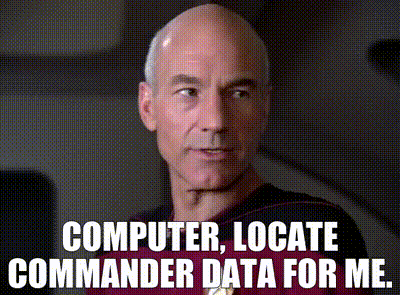Who among you has always watched the Star Trek series with a certain fascination? Starting from “Next Generation” (the one with Captain Picard) everyone on the Enterprise interacted verbally with an unspecified “computer” with a rather human tone.

It was the forecast (among the many made) of voice assistants, but not current ones. With the current ones, like Alexa, we set the pasta timer and little more. Soon, however, things could change.
From language interpreter to conversational intelligence
Have you ever imagined having a conversation with a chatbot that looks just like a human? It could happen to you soon thanks to the Israeli company ID.
These guys want to perfect their technology that allows an artificial intelligence to interface with people through a human-like avatar. A digital human like those experienced for a while, but powered by artificial intelligence similar to that of GPT-3. Second Gil Perry, CEO and co-founder of D-ID, adding the look and sound of voice gives users many dimensions, many more touchpoints. I think he's right: think about the folds of language, the tone, the facial expressions.
How long before people really feel like they are dealing with a human being?

Digital human with voice and face: what future will it have
From a business perspective, having such a virtual assistant, a “digital human” capable of performing many tasks, can help save the costs of hiring real people.
I imagine such systems taking over the reins of customer service, internal staff training and managing (perhaps in complete autonomy) internal and external reminders, schedules and debt collection.
The demo of the D-ID system, presented at the Mobile World Congress in Barcelona, still presents some delays in voice recognition and writing, but overall you can already "talk" to the chatbot and get answers without typing anything.
The feeling is that at a certain stage of development this innovation will be thrown onto the market in no time. The "race" of artificial intelligence systems, which has just begun, is highly competitive.
For me it's not an "if", but a when. Whether it appears on our smartphones, in our AR viewers, in a little box on the desk or in our operating systems, sooner or later we will have to deal with a virtual "guy".
Okay, computers.


